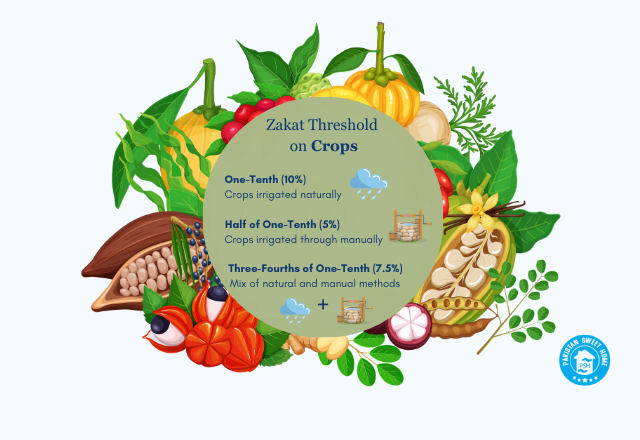
- DONATE
- SPONSOR A CHILD
- Zakat calculator
- SIGN IN
-
- About Us
- FAQ's
- Contact
- Get Involved
- Admissions
- Sign In
- SPONSOR A CHILD ZAKAT CALCULATOR DONATE
-
info@pakistansweethome.org.pk
(051) 4865856
+92 335 1118477
Zakat, an essential pillar of Islam, signifies "giving" in Arabic.
It is an obligatory charity that involves donating a portion of one's wealth to aid those in need. The benefits of Zakat are twofold, positively impacting both the giver and the recipient.
Allah (SWT) encourages those who pay zakat:
"Those who have faith, perform righteous deeds, establish Salah, and give Zakah will receive their reward from their Lord. They will have no reason to fear or feel sorrow."
(Surah Baqarah: 277)
Let's explore how Zakat shapes the socio-economic, spiritual, financial, and political aspects of Muslims' lives.
In the Muslim community, caring for each other is a main part of our faith. Islam stresses the significance of supporting one another, and Zakat plays a key role in making that happen. This highlights the importance of zakat in our faith.
By paying Zakat, we strive to support our fellow believers.
“When you pay Zakat on your wealth, it removes its evil from you.”
(Ibn Khuzaimah and at-Tabarani)
Here are some of the social benefits of Zakat:
When people share their wealth with those in need, they start to understand and feel the challenges faced by those who have less. This can make them value what they have more and feel more kindness towards others.
Fulfilling the duty of Zakat develops kindness, empathy, and a strong sense of social responsibility among individuals for others. This practice brings a spirit of giving and concern for others.
Zakat encourages people to share their wealth, which can reduce greed and the desire for more possessions. This shift in focus can lead to valuing things like kindness, generosity, and helping others. It is more than just having material things.
Ultimately, Zakat develops a supportive society where people look out for one another's well-being without any greed.
Encouraging inclusivity is a vital aspect of the social benefits derived from giving zakat. Practicing Zakat enables individuals to contribute to the creation of inclusive communities.
Everyone feels valued and supported, regardless of their background, socio-economic status, or circumstances.
Donating Zakat to those in need can improve their access to education and healthcare. It provides them with essential support and opportunities for a better future.
Conflicts and disagreements are common, even within families or communities. Zakat helps mend relationships by offering financial support to those who feel wronged.
It also allows individuals mediating disputes to be compensated for their efforts. It fosters reconciliation and strengthens bonds within the community.
Zakat also brings economic benefits by stabilizing the economy and reducing the disparity between the rich and the poor. It fosters economic progress by guaranteeing that those in need have the resources to improve their financial situations.
Here are some of the economic benefits of Zakat:
Zakat aims to reduce poverty and enhance the lives of those in need. It fights poverty and ensures fairness by providing aid to the less fortunate.
According to research in Pakistan in 2023, Zakat distribution led to a 7.5% decrease in the number of poor people. It also resulted in a 14.2% decrease in the poverty level. This shows how Zakat reduces the gap between rich and poor.
Zakat plays a vital role in freeing individuals from dependency and ensuring their sustenance.
Zakat helps lift communities from poverty, preventing crimes like theft and robbery caused by economic hardship. When poverty is combined with a lack of faith, it often leads to an increase in the crime rate.
Thus, Zakat not only addresses material needs but also fosters a safer and more just society.
The Zakat system plays a vital role in job creation. Scholars say that skilled workers, such as tailors, blacksmiths, launderers, and butchers, can receive financial help to buy the tools they need for their work.
Similarly, farmers may receive Zakat funds to acquire land for agricultural purposes. This system effectively decreases poverty by expanding employment opportunities and providing financial stability to the needy, impoverished, and destitute.
Zakat helps the poor by giving them what they need, while interest makes rich people richer and keeps them poor. Islam helps by giving rich people other ways to use their money without worry.
When people give zakat, it helps everyone be better off. Zakat brings equality and liberates society from interest.
By allocating a portion of extra wealth each year to those in need, Zakat aims to elevate them to a state of sufficiency. This ensures access to essential provisions for a decent life.
This practice also helps to narrow the wealth gap prevalent in societies, creating a more equitable world.
Zakat helps to eliminate begging by providing financial support to those in need. By fulfilling their basic needs, it allows recipients to maintain their dignity and independence.
As a result, Zakat reduces reliance on others and empowers individuals to live self-sufficient lives.
Islam considers ensuring access to food and personal security crucial rights for all individuals. Therefore, Zakat can help those suffering from hunger or any disaster. Victims of disasters can receive support through Zakat to meet their basic needs and regain their well-being.
Zakat provides vital support for homeless people, meeting their basic needs and enhancing their lives. While it doesn't build homes directly, it ensures access to essentials, providing crucial help to the homeless.
Furthermore, Zakat extends its provisions to orphans and abandoned youth, ensuring their care and protection. In such cases, Zakat is crucial in facilitating marriage by providing financial assistance to those in need.
Marriage is highly encouraged in Islam, serving to establish families and strengthen communities. However, financial constraints can sometimes prevent individuals from marrying, leading to involuntary celibacy.
Zakat is a way to connect spiritually with Allah, purifying our wealth because everything we own belongs to Him.
Here are some of the spiritual benefits of Zakat:
Donating zakat is an act of obeying Allah's (SWT) commands and a clear expression of one's faith in Islam. It serves as a way to fulfill religious obligations while also demonstrating devotion to helping others in need.
By donating a part of their wealth to the less fortunate, Muslims purify their resources and achieve spiritual purity. Giving fosters empathy for those in need, aligning with Islam’s teachings on charity and benevolence.
Donating zakat promotes personal development and spiritual progress. It cultivates a deep understanding of the needs of others, nurturing empathy and kindness within individuals. This act of charity not only benefits the recipients but also enriches the giver's spiritual journey.
Donating zakat reminds individuals to express gratitude for their blessings and recognize the abundance in their lives.
By actively participating in zakat, individuals develop contentment with their circumstances. This practice encourages reflection on blessings and fosters appreciation for goodness.
Zakat plays a crucial role in breaking down egoism and fostering selflessness. It urges people to prioritize the needs of others above their desires. Through Zakat, individuals contribute to a more caring and harmonious society. It reminds us to help those in need and strengthens community bonds.
"Grant us goodness in this world and the Hereafter; indeed, we have returned to You." Allah replied, "My punishment I inflict upon whom I choose, but My mercy encompasses everything. I will especially grant it to those who fear Me, give zakah, and believe in Our signs."
(Surah al-Araf: 156)
According to this verse, Allah promises security, prosperity, and His Mercy to those who are committed to good deeds, establish Salah, and give Zakat. The one who gives Zakat will receive Allah’s Mercy, which eases their worldly affairs and spiritual practices.
Zakat contributes to a more cohesive and inclusive socio-political landscape. It empowers the underprivileged (who also fall under masarif-e-zakat) and promotes a fairer society.
Here are some of the political benefits of Zakat:
Zakat promotes social justice by ensuring the equitable distribution of wealth and reducing the gap between the rich and the poor.
By distributing wealth more evenly, Zakat helps to minimize social unrest and fosters political stability within communities and societies.
Zakat ensures leaders prioritize the welfare of vulnerable members, promoting transparency and accountability.
Zakat acts as a vital source of support for Muslims facing adversity worldwide. By addressing both financial and emotional challenges, it offers assistance in the form of food, shelter, healthcare, and more.
This support allows those in need to rebuild their lives, restoring their dignity and providing hope during difficult times.
Zakat and Sadaqah, both charities, hold a special place in Ramadan, a sacred time for Muslims.
They offer the following benefits of giving Zakat during this holy month:
Ramadan is a time of forgiveness. Giving Zakat during Ramadan purifies your wealth and cleanses your soul, just like fasting purifies the body.
The Prophet Muhammad (SAW) said:
“Whoever fasts Ramadan out of faith and in the hope of reward, their previous sins will be forgiven.”
Sunan an-Nasa'i: 2202
Ramadan is a month when deeds are multiplied. When you give Zakat during this sacred month, your rewards are greatly multiplied, and your generosity is blessed manifold.
The Night of Power (Laylat al-Qadr) is one of the last 10 nights of Ramadan and is better than a thousand nights. It's when the Quran was first revealed. Giving Zakat during these blessed nights carries immense blessings and spiritual benefits.
In conclusion, the benefits of Zakat extend to both individuals and society. From its social, spiritual, and economic dimensions to its role in promoting economic justice, Zakat strengthens communities.
Additionally, the act of giving Zakat during Ramadan holds special significance, amplifying its rewards manifold. It also deepens one's spiritual connection during this sacred time.

WRITTEN BY
Ali Raza (Zakat and Sadaqah Regulations)
Ali Raza holds a Master of Arts in Islamic Studies and is an expert in Islamic theology and jurisprudence. Specializing in Zakat, Sadaqah, and other Islamic donations, Ali's writings provide valuable insights into the religious and ethical aspects of charity. His work for Pakistan Sweet Homes aims to educate and inspire readers to support orphan care and charitable initiatives, making him a key contributor to the organization's mission.
Ali Raza holds a Master of Arts in Islamic Studies and is an expert in Islamic theology and jurisprudence. Specializing in Zakat, Sadaqah, and other Islamic donations, Ali's writings provide valuable insights into the religious and ethical aspects of charity. His work for Pakistan Sweet Homes aims to educate and inspire readers to support orphan care and charitable initiatives, making him a key contributor to the organization's mission.
Hadith About Zakat: A Prophetic Guide on Obligatory Charity
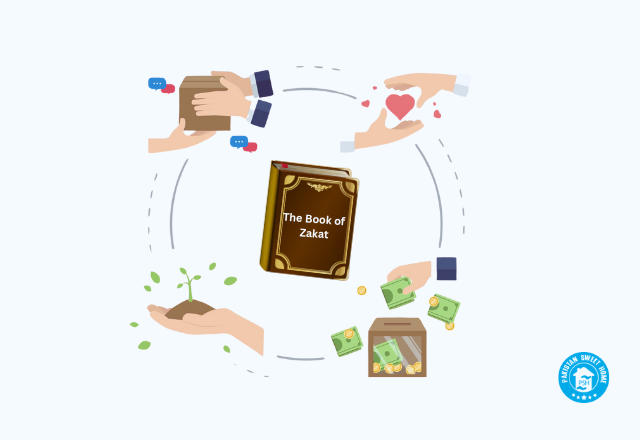
How to Calculate Zakat on Cash?
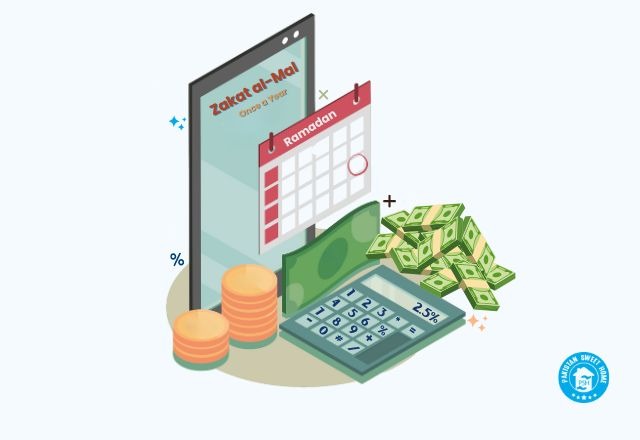
How to Calculate Zakat on Gold?
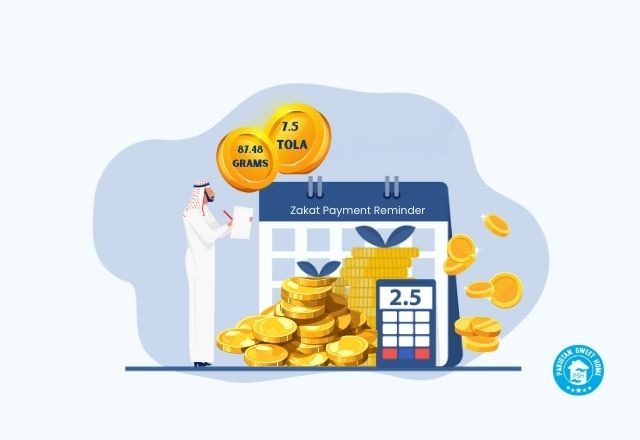
How to Calculate Zakat on Property?
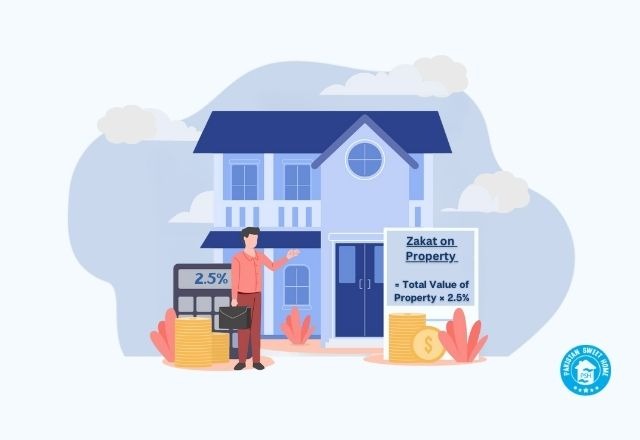
Zakat on Salary: Calculations, Formula, Examples, Scenarios
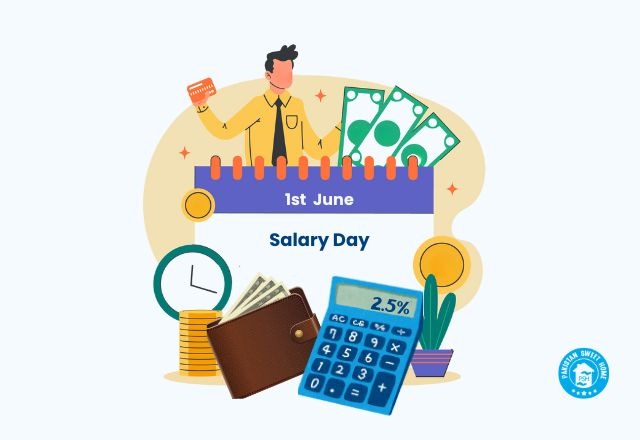
10 Key Reasons Why Zakat is Important in Islam
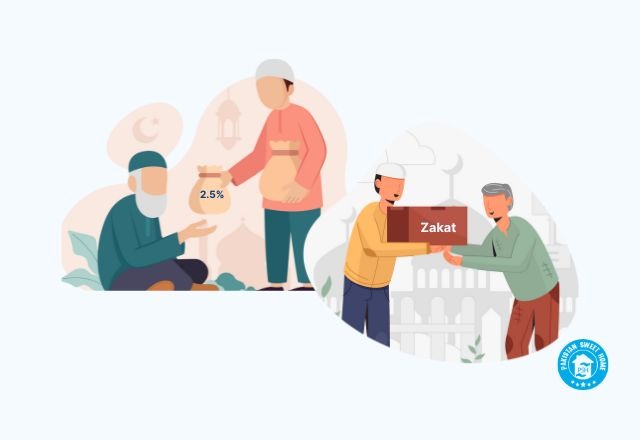
The Eight Recipients of Zakat (Masarif-e-Zakat)
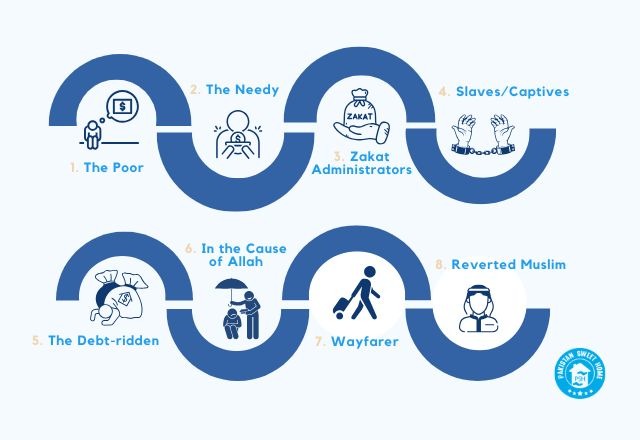
What is the Difference Between Zakat and Sadaqah in Islam?

Zakat al-Fitr (Fitrana): The Zakat of Ramadan
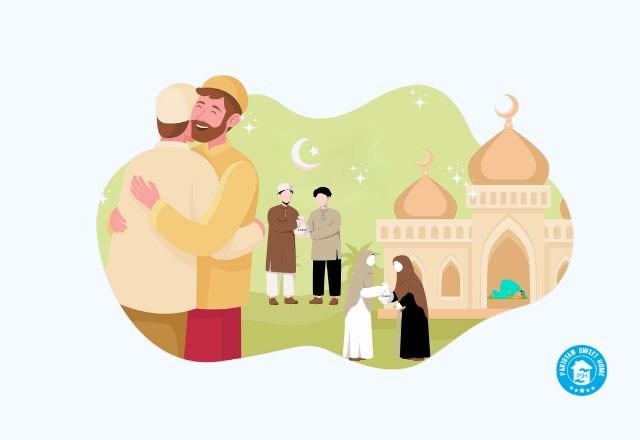
What is the Nisab of Zakat in Islam?
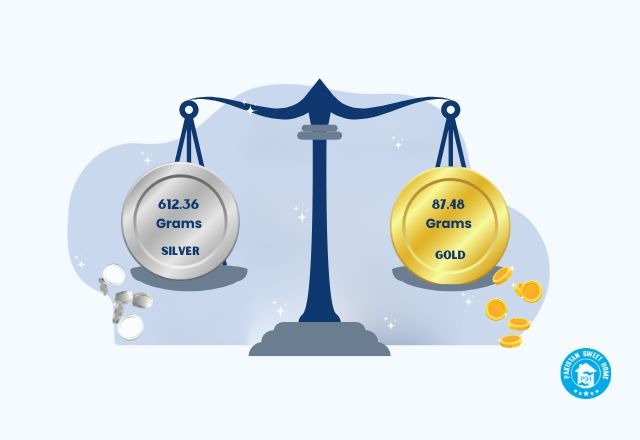
Zakat on Livestock: Camels, Cattle, Goats & Sheep
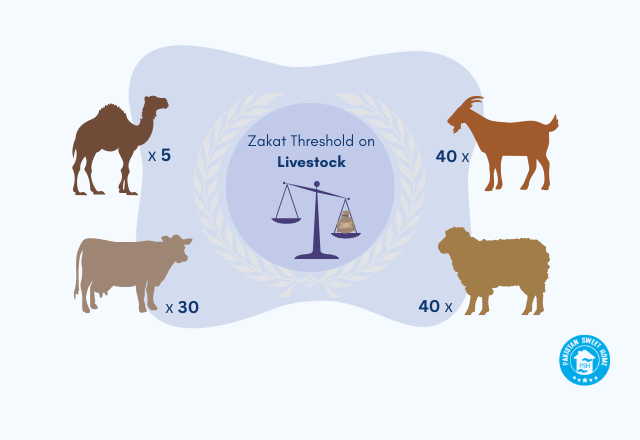
Understanding Zakat on Agricultural Produce: Fruits and Grains
